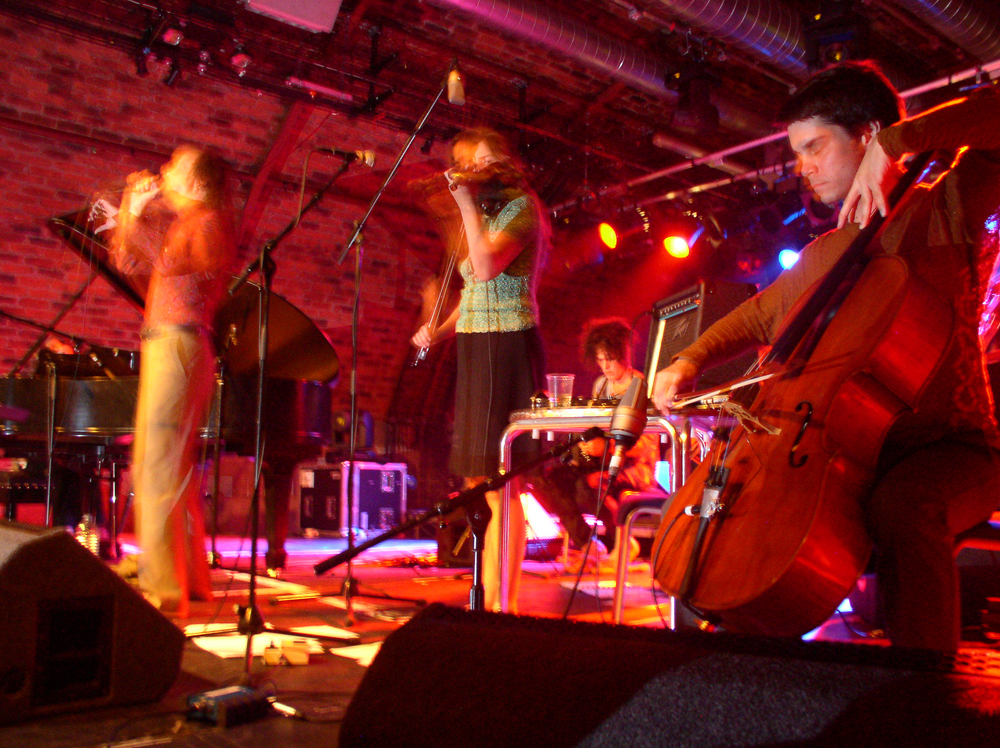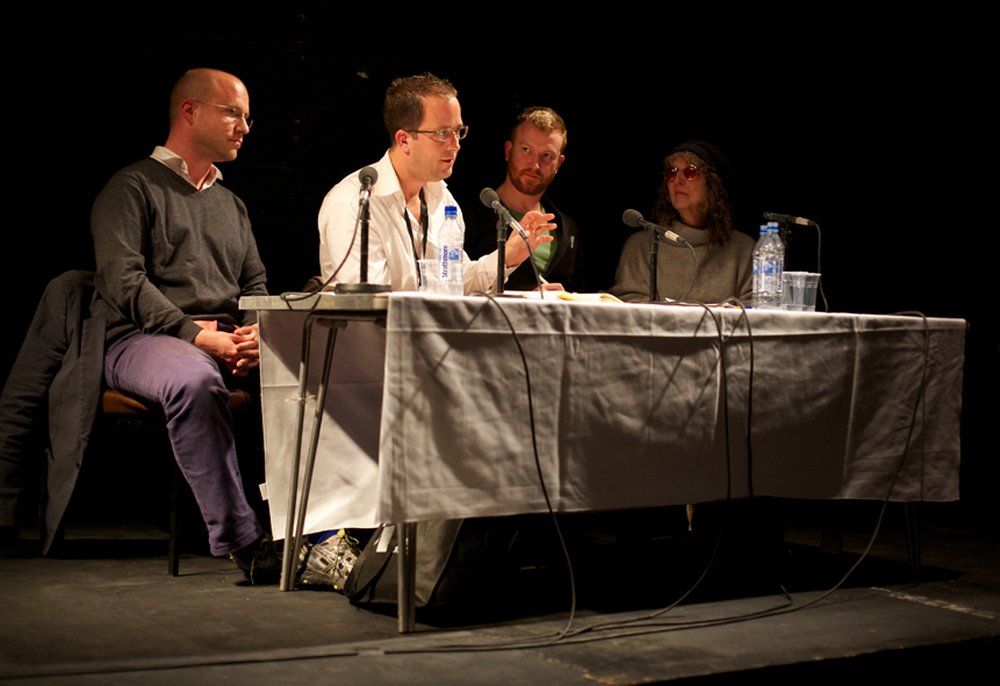
Beyond Transgression
Samuel R. Delany
Chip will read some of his great literary pornography, which pushes sexuality to the point of extremity and exhaustion.
Arika have been creating events since 2001. The Archive is space to share the documentation of our work, over 600 events from the past 20 years. Browse the archive by event, artists and collections, explore using theme pairs, or use the index for a comprehensive overview.

Chip will read some of his great literary pornography, which pushes sexuality to the point of extremity and exhaustion.

One of the most revered and legendary underground acts of the past 20+ years, Current 93 is the constantly evolving creation of David Tibet.

Akio Suzuki and John Butcher performing in a large multi chambered industrial ice house.

Seven women recite monologues composed from texts from the vibrant years of the Weimar Republic. A kind of cultural echo: an experience of histories brought to the present.

Three intense solo performances for drums (both played and screamed through), cymbal, voice, credit card, bird whistle, and guitar amplifier/leads.

Electronic music, time, thought, the word, and consecutive matters

A celebration of the release of four books written by members of, and focused on about the House and Ballroom scene.
Out holler/ howl of English pukenoise posterboys exploded by incessant insect chatter of Northern fug dweller.

Terry is one of the most entertaining and unpredictable musicians in the London free improvising music scene. Rhodri Davies extends his instrument under a battery of techniques creating sound colours and textures quite alien to the harp.

How can we imagine bodies not as an end in themselves, but as a medium through which we can become one another’s means?

Underground movement legend boychild hosts this workshop—on improvisation, cosmetics, movement and lip-sync.

Sometimes delicate, sometimes harsh and jarring, Yagi’s koto solos are as much inspired by Nancarrow or Cage as they are traditional.